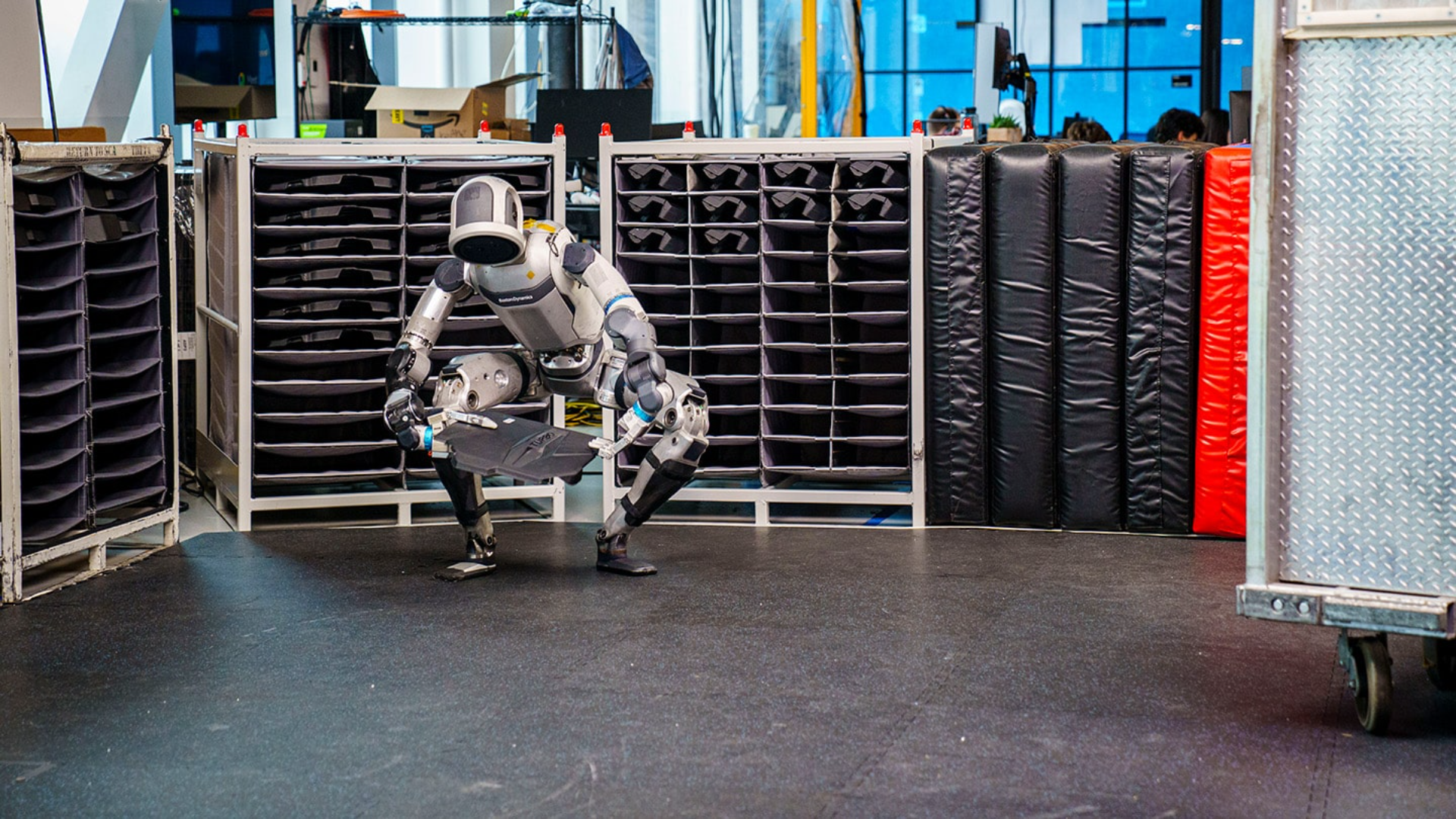Hyundai Motor Group is taking a bold step into the future of factory automation with...

Hyundai Motor Group is taking a bold step into the future of factory automation with plans to deploy Atlas humanoid robots at its Metaplant America facility in Georgia.
These advanced bipedal robots, developed by Boston Dynamics are designed to perform tasks traditionally carried out by humans.
As per a report on Nikkei Asia, Atlas will automate up to 40 percent of vehicle assembly work at the facility by the end of this year.
This latest initiative marks a significant milestone in Hyundai’s ongoing partnership with Boston Dynamics, which is aimed at scaling up robotic manufacturing and design.
Last month, the South Korean automaker had committed to purchasing tens of thousands of robots from Boston Dynamics, a company it acquired from SoftBank in 2021, in order to solidify its position as a leader in mobile robotics.
Humanoid robots boost automation
At Metaplant America, Atlas will take on a variety of tasks previously performed by human workers. These tasks will include lifting heavy components and installing vehicle doors—critical elements in the assembly of Hyundai’s vehicles.
In addition to Atlas, Hyundai is already deploying Spot robots—four-legged machines—at its plants for industrial inspections. The company plans to further expand the use of robots across its global manufacturing facilities, streamlining processes and enhancing efficiency.
In addition to assembly, other processes, such as pressing and welding, will also be automated to further boost efficiency at the facility.
Automation push to cut costs
The automation drive is part of Hyundai’s ambitious $21 billion investment plan in the U.S., which includes $6 billion specifically earmarked for innovation, automation, and strategic partnership. U.S. President Donald Trump’s tariffs on imported autos has also forced Hyundai to ramp up these efforts.
North America remains Hyundai’s largest market, and despite a global sales slump of 2 percent last year, its sales in the U.S. rose by 4 percent, reaching 1.9 million units.
The company’s strong performance in North America was a key driver behind its record consolidated revenue last year. Hyundai’s vehicles, known for their price competitiveness, especially in the midrange segment, continue to appeal to U.S. consumers.
The automaker aims to manufacture 100,000 electric and hybrid vehicles annually at the new facility, with plans to ramp up production to 500,000 units over time.
In total, Hyundai expects to produce 1.2 million vehicles annually on U.S. soil, a 70 percent increase from the estimated production volume of roughly 700,000 vehicles in 2024. The automaker is also mulling to build capacity at its Alabama plant.
“Hybrid vehicles with favorable cost performance have contributed significantly to Hyundai’s brand strength,” said Lee Jae-il, an analyst at Eugene Investment & Securities in South Korea.
However, the company remains vulnerable to the impact of tariffs on imports from South Korea, which make up a large portion of Hyundai’s U.S. sales.
Hyundai President Jose Munoz confirmed in April that the company will not raise prices until June, despite concerns that higher prices could drive consumers away